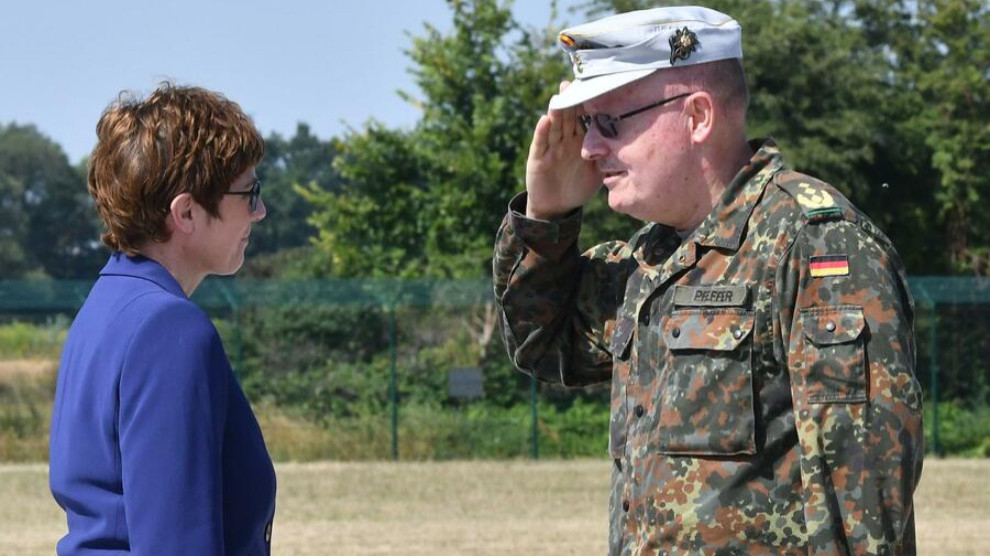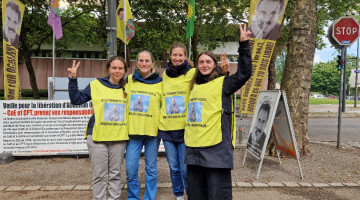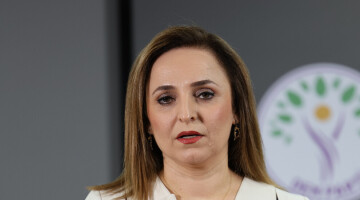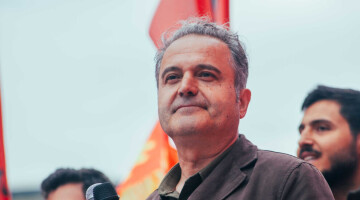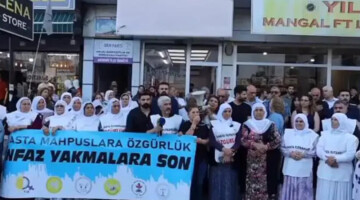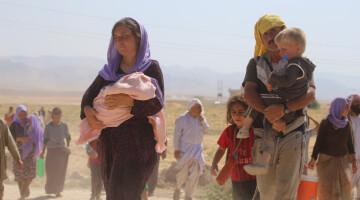Annegret Kramp-Karrenbauer took over the leadership of Germany’s ruling Christian Democratic Union (CDU) from Chancellor Angela Merkel and was sworn in as defense minister recently.
Kramp-Karrenbauer took the minister role from Ursala von der Leyen after she was elected President of the European Commission, and her first act as minister was to listen to demands by German troops stationed abroad.
Kramp-Karrenbauer held a video conference with German military units stationed in Southern Kurdistan and Iraq as part of the fight against ISIS. The soldiers are stationed in Hewler for the training of the Peshmerga and the Iraqi army.
The German commander in Hewler said the fight against ISIS continues and that Germany’s allies still need them.
CALL ON THE MINISTER TO “CLARIFY THE MANDATE”
Military units in the region demand clarification for whether their mandate will be extended after October 31. Kramp-Karrenbauer is expected to visit the troops in Southern Kurdistan soon. The mandate for sending military units abroad to fight against ISIS has caused discussions in German politics for a while now, especially among Christian Democrats and Social Democrats as partners in the coalition government.
Defense Minister Kramp-Karrenbauer favors extending the mandate for German troops in Southern Kurdistan, Iraq and Jordan, like other CDU politicians. But the Social Democratic Party (SPD) is not convinced. SPD Group Chairperson Rolf Mutzenich spoke at the swearing in ceremony of Kramp-Karrenbauer and said, “The mandate for Syria and Iraq is done.”
MANDATE WILL BE CLARIFIED IN SEPTEMBER THE EARLIEST
SPD’s Foreign Minister Heiko Maas deferred the issue to the Federal Parliament and said, “Only the parliament can decide on the new mandate to be prepared.” Due to summer vacations, the mandate is expected to be clarified in September the earliest.
After ISIS gangs attacked Shengal in 2014 and carried out terrorist attacks in France in 2015, Germany became more active in the coalition against ISIS. There are a total of 800 German soldiers in Southern Kurdistan, Iraq and Jordan, including the troops giving training to the Peshmerga.
US Special Envoy for Syria and Representative for the International Coalition Against ISIS James Jeffrey held meetings in Berlin in June and asked Germany to support the training, logistical and technical needs of the SDF by sending ground troops to northern Syria. Should Berlin accept Washington’s request, it is not yet clear whether these forces in Southern Kurdistan will be moved to Rojava Kurdistan or Northern Syria, or new troops will be sent out.

